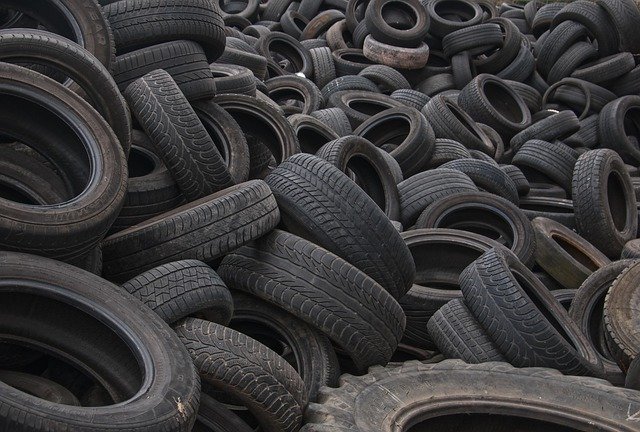The Emergence and Influence of Eco-Anxiety in Contemporary Society
The world continues to grapple with an array of complex environmental issues, from climate change to deforestation. As a result, a new sociological phenomenon has surfaced: eco-anxiety. Read below to delve into this contemporary issue, learn about its origins, and explore its profound impact on society.

From Environmental Concern to Eco-Anxiety: A Historical Overview
The roots of eco-anxiety can be traced back to the late 20th century when scientific studies began to highlight the alarming rate of environmental degradation. Although concern for the environment is not new, the term eco-anxiety was first coined in the early 21st century. This term encapsulates the feelings of fear, distress, and helplessness that individuals experience in response to the increasing environmental crisis. As the reality of climate change became more evident, eco-anxiety emerged as a psychological response, reflecting people’s growing concern about the planet’s future.
The Rising Tide of Eco-Anxiety: Current Trends and Developments
Today, eco-anxiety is becoming increasingly prevalent, especially among younger generations. This anxiety is fueled by the relentless news of natural disasters, species extinction, and dire predictions about the planet’s future. The COVID-19 pandemic has further exacerbated this trend, highlighting the inextricable link between human activity and environmental health. Mental health professionals are now recognizing eco-anxiety as a legitimate psychological condition, pointing to the need for therapeutic interventions that address this unique form of distress.
The Cultural Shift: Eco-Anxiety and its Societal Implications
Eco-anxiety is not just a psychological phenomenon; it’s also shaping the cultural and social landscape. It’s driving a significant shift in attitudes towards consumption, with more people adopting sustainable lifestyles in an attempt to mitigate their environmental impact. Moreover, eco-anxiety is fueling activism, leading to the rise of movements like Extinction Rebellion and Fridays for Future. These movements underscore the power of collective action, offering a sense of hope and agency that can counter feelings of eco-anxiety.
The Power of Research: Understanding and Addressing Eco-Anxiety
Research is key to understanding and addressing eco-anxiety. Studies have documented the psychological impacts of climate change, providing valuable insights into the nature and extent of eco-anxiety. This research is crucial for developing effective interventions, from individual therapy techniques to community-based initiatives. For instance, some psychologists are incorporating eco-therapy into their practice, using nature-based activities to help individuals cope with eco-anxiety.
Striking the Balance: Navigating Eco-Anxiety in a Changing World
Eco-anxiety is a complex issue, reflecting the deep-seated concerns about our planet’s future. While it can be overwhelming, it’s also a powerful motivator for change. It’s important to balance the distress caused by eco-anxiety with proactive measures to address environmental issues. This involves not only individual actions but also collective efforts to push for systemic changes. After all, the fight against climate change is a shared responsibility, and it’s only by working together that we can create a sustainable future.
In the face of the environmental crisis, eco-anxiety is a stark reminder of our inherent connection with nature. It’s a call to acknowledge the gravity of the situation and take decisive action. As we navigate this new societal phenomenon, the hope is that eco-anxiety will drive us towards a more sustainable and resilient future.




